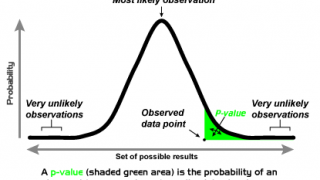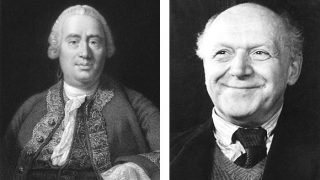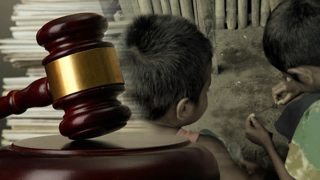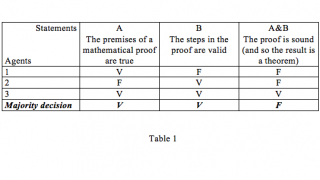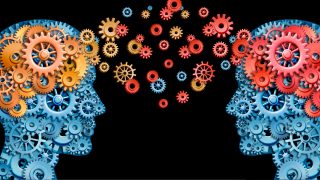
Towards a theory of behavioral economics
Game Theory studies mathematical models of strategic decision. Historically, the first approach was to study games as interactions of perfectly rational individuals, who have complete and transitive preferences and who are intelligent enough to analyze the game. This is a normative approach: it states what to do if you accept that you and the others […]


